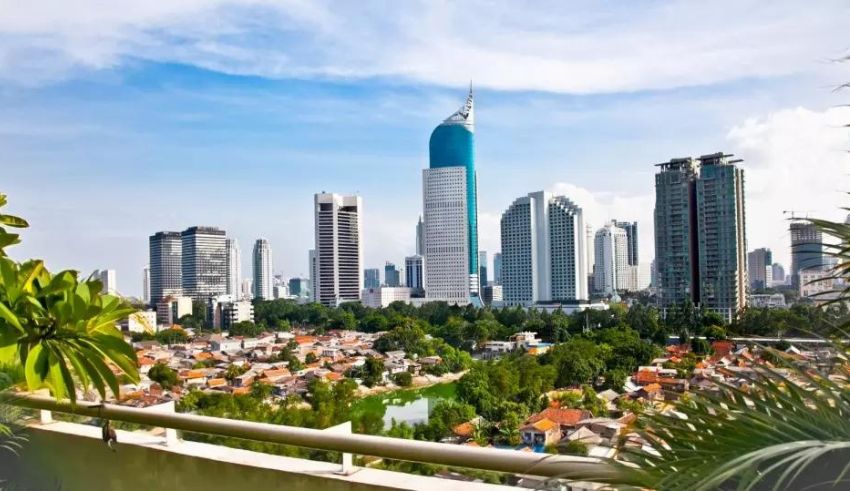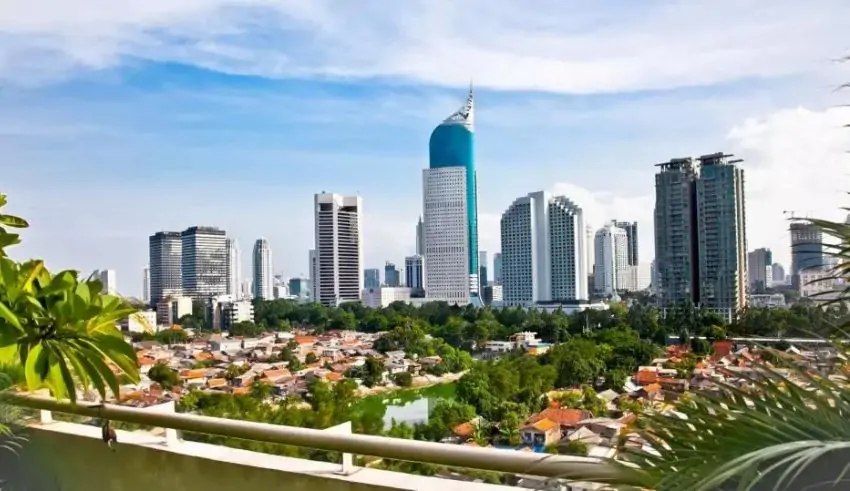

(C) Travelmyth
Indonesia, the world’s largest Muslim-majority country, has recently agreed to recognize smaller religions on its national identity cards, after a long legal battle and social pressure.
The agreement, which allows the followers of local religions to choose a new category of “belief” on their cards, is seen as a step forward for the freedom of religion and belief in the country. However, the agreement also raises questions about whether it is in compliance or contradiction with Indonesia’s laws and ideology, which are based on the principle of monotheism and the state-sponsored religion of Islam.
Indonesia’s agreement to recognize smaller religions is the result of a petition filed by four believers of local religions at the Constitutional Court in 2016. The petitioners argued that the 2004 Population Administrative Law, which required citizens to choose one of the six recognized religions on their identity cards, violated their constitutional rights and discriminated against them. The six recognized religions are Islam, Protestantism, Catholicism, Hinduism, Buddhism, and Confucianism.
In 2017, the Constitutional Court ruled in favor of the petitioners, and ordered the government to print “practitioner of belief” on the identity cards of the followers of local religions, instead of leaving the religious column blank. The court also ordered the government to protect and respect the rights and dignity of the followers of local religions, and to facilitate their access to public services and benefits.
The government complied with the court’s ruling, and introduced a new category of “belief” on the identity cards in 2018. The government also issued a regulation that defined “belief” as “a conviction in the one and only God that is manifested in the form of worship and obedience to the Almighty God.” The government also listed 12 local religions that fall under the category of “belief”, such as Marapu, Parmalim, Sapta Darma, and Ugamo Bangsa Batak.
According to the government, more than 138,000 Indonesians have chosen the new category of “belief” on their identity cards as of November 2023.
The agreement to recognize smaller religions has both positive and negative implications for Indonesia, such as:
The agreement is a positive development for the freedom of religion and belief in Indonesia, which is guaranteed by the constitution and the international human rights law. The agreement also acknowledges and respects the diversity and pluralism of Indonesia’s religious landscape, which includes more than 200 local religions that have existed for centuries.
The agreement also empowers and protects the followers of local religions, who have often faced discrimination and persecution from the authorities and the society. The agreement also promotes the tolerance and harmony among different religious groups, and prevents the marginalization and radicalization of the followers of local religions.
The agreement also poses some challenges and problems for Indonesia, which are related to its laws and ideology. The agreement contradicts the 1965 Blasphemy Law, which prohibits the deviation from the six recognized religions and the defamation of any religion. The agreement also contradicts the 2006 Joint Ministerial Decree, which bans the propagation of the Ahmadiyya and Shia sects of Islam, which are considered heretical by the mainstream Sunni Muslims.
The agreement also contradicts the Pancasila, the national ideology of Indonesia, which stipulates the “belief in the one and only God” as its first principle, and the implication that the God is the same as the God of Islam. The agreement also challenges the role and authority of the Indonesian Ulema Council, the top Muslim clerical body, which has opposed the recognition of local religions and has issued fatwas against them.
Since August 2024 two group captains helped prepare by studying spaceflight at training facilities around the United States, Europe and…
South Korean President Yoon Suk Yeol has been removed from office due to issues concerning martial law. A significant shift…
On Thursday night, Milwaukee Bucks player Giannis Antetokounmpo made NBA history by becoming the first player to score 35 points,…
On Thursday, April 3, 2025 at 10:12 a.m. Beijing time, China made a successful orbit placing satellite launch of Tianping-3A…
SM Entertainment has formally ceased for Wendy and Yeri of Red Velvet. But this is not the end of their…
As President Donald Trump declared economic independence through new tariffs he placed significant harm on developing countries in Southeast Asia…
This website uses cookies.
Read More